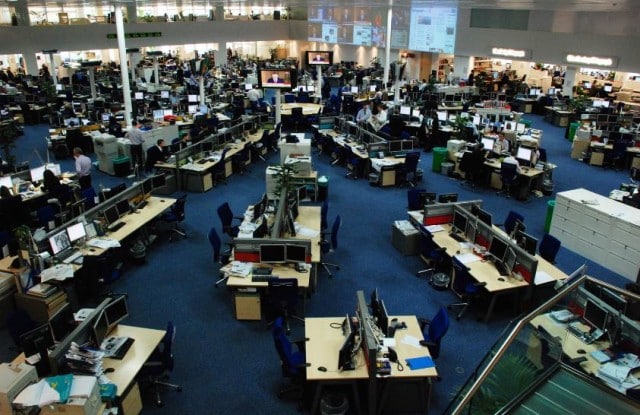
Here we go. Telegraph Media Group, like many media groups, has, for several months now, been reviewing digital opportunities including whether it can charge for content. Now the FT reports that The Telegraph‘s site will begin charging next year.
In fact, nuance is everything with this stuff. Though the report is certain Telegraph articles will go “behind a paywall”, its two anonymous sources actually say: “The final decision has not been made, but it will not be an impregnable paywall like the Times. It will be a metered system or, less likely, micropayments.”
Indeed, that ambiguity is consistent with what TMG tells paidContent:UK: “Absolutely no decisions have been made on the introduction of a paid-content model. Like all publishers, TMG continually evaluates the developments in the digital sector.”
And, although the FT calls it a “change of heart”, its source says it’s actually “not inconsistent with the Telegraph’s past approach”.
In fact, paidContent:UK has been aware, for a few months now, that TMG has been “open but not committed to payment“, in the course of reviewing the options. What proprietor wouldn’t be?
{tweet_id=”9658396701626368″}
What we do know is this: there are low-hanging fruit that can, will and have already be picked…
For instance, having effectively soft-launched in September, TMG plans to charge for a version-two of The Daily Telegraph‘s iPad edition in the New Year.
TMG is already in the paid services business, with at least six paid iPhone apps – Fantasy Football (£0.59), F1 (£1.79), Crosswords (£1.19), Alex (£1.19), Sudoku (£1.19), Matt (£1.19).
On the web, Telegraph puzzles cost £2.99 a month, Fantasy Football is a £3 play, and the site operates paid dating, announcements and jobs boards, along with ticket and shopping affiliates.
But, indeed, none of these is news content.
TMG’s technology editorial head Shane Richmond recently wrote how News Corp.’s blanket-fees model is “wrong” and would be a gift to rivals. But, with News Corp.’s Times effectively out of the game by having gone for the nuclear option of wholly locked-down, there may be enough space left over in the bracket for The Telegraph to start charging something whilst avoiding such a drastic option.
The Telegraph has always done rather well on the web, opening up with an extensive Digg relationship that brings it considerable traffic.
The Electronic Telegraph is considered Europe’s first national newspaper website – perpetrator of what some now consider the original sin of opting to publish stories for free.